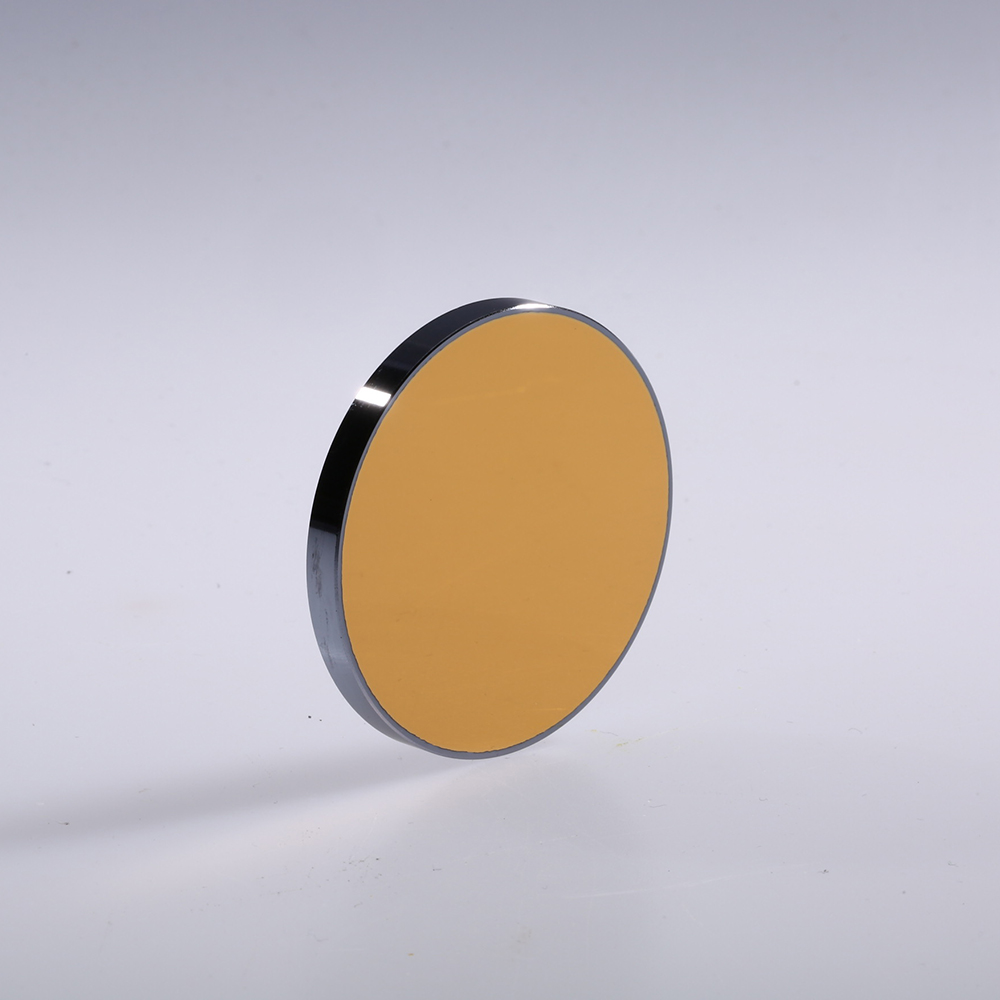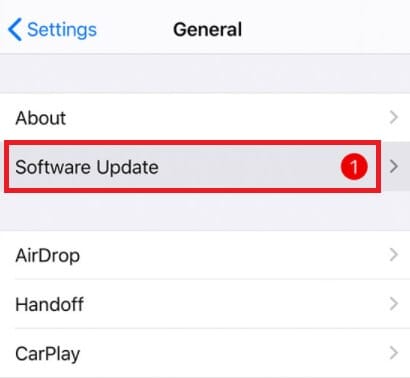
However, a parabolic mirror is facing a defect: the coma aberration which deforms and elongates the star around the fields of view. In fact, such a mirror is relatively expensive and telescopes manufacturers choose rather a parabolic mirror instead, far simpler to build. Theoretically, getting a perfect round dot of a star requires having a newtonian reflector made with a hyperbolic primary mirror. However, a big mirror could quickly emphasize the optical aberrations of the telescope. The bigger the mirror is, the brighter the objects appear in the eyepiece. The asset of a reflector is its primary mirror’s very large size. Therefore, a secondary mirror is installed next to the front aperture of the telescope, enabling beams to be deviated on the side of the telescope, and so, to observe an image. Here, it is necessary to find a way to make the light beams going out of the tube. It has to collect and make the light beams converging towards the eyepiece holder, the element where we put our eyes. This primary mirror is the master piece of the reflector. The light coming from a star goes inside the optical tube and is first reflected on the primary mirror, located at the extremity. The newton telescopes are the most widespread reflectors in the market because of their easy building process and their low cost. Reflector telescopes Principle of a reflector They are a lot of differences between both of these categories, in terms of performances, durability and especially optical quality. The reflector telescopes are composed of mirrors whereas the refractor telescopes are only made of lenses. Usage 2: For other authors, focal radius refers to the distance from a point on a conic section to a focus.What is a telescope? This question could seem trivial but behind this universal word, we find two main types of instruments to observe the tremendous objects of our starry sky. This definition of focal radius is usually written c. Usage 1: For some authors, this refers to the distance from the center to the focus for either an ellipse or a hyperbola. where the plane tangent to the paraboloid is parallel to the plane. An equation for it is: Where and specify the speed at which increases as and increase, respectively and is the 3d coordinate at which the paraboloid “starts”, i.e. Hold it at the opposite side to the light source in relation to your subject, and the light will bounce back in to illuminate it. We made our reflector by taping aluminum foil onto a large sheet of cardboard, for a powerful reflection with a silvery light, but an even simpler option is a piece of blank, white card. That’s why you feel a hot spot when you put your hand at the mirror’s focal point. The parabolic mirror concentrates the infrared radiation coming from a distant heater at its focal point. What kind of mirror may be used to focus heat? Trapped, the heat accumulates at the air close to the windows, and that is what you feel. So the sun light enters though the transparent window, turns in to heat, and then cannot leave outside. Glass has a low thermal conductivity, but is also transparent. If sunlight is concentrated via work there is in principle no limit (except perhaps the Planck temperature 10^32 K). If sunlight is concentrated as heat the Second Law of Thermodynamics puts the maximum temperature that can be achieved by concentrating sunlight as the temperature of the Sun’s photosphere, 5800 K. See also what does mansa mean Can we concentrate sunlight?
#Reflector 2 not mirroring how to



1 How To Make A Powerful Parabolic Mirror?.


 0 kommentar(er)
0 kommentar(er)
